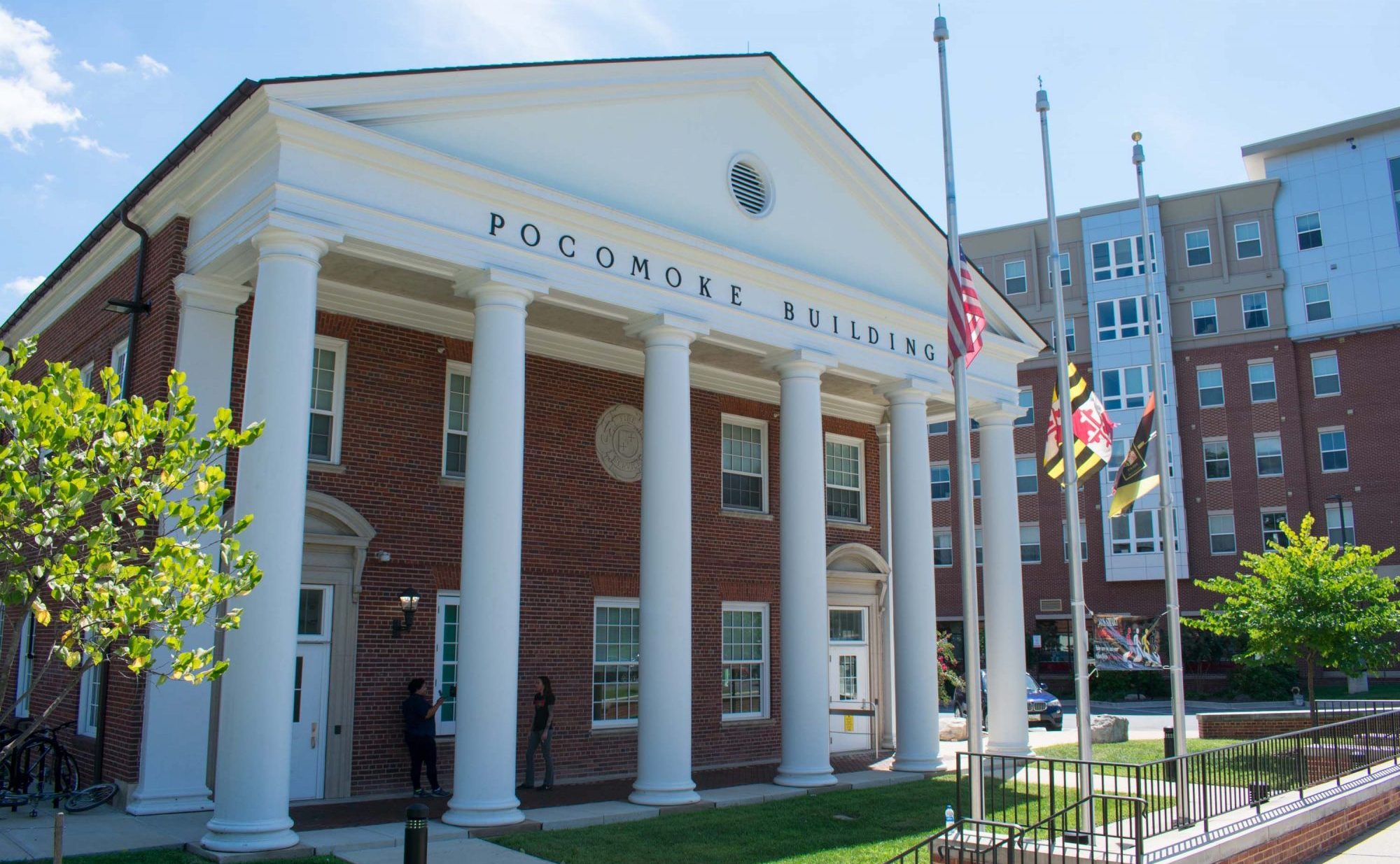In collaboration with the University of Maryland Police, the RHA launched a new committee this fall focusing on safety in dorms and around the campus.
The group, called the Residents and Police Committee, will work to strengthen the relationship between the Residence Hall Association and University Police and educate students on safety, said Hunter Marsh, the committee’s founder and head.
The committee plans to create options for events — which could include guest speakers and educational programming — to hall and area councils, with goals including bringing students and police together for interactions in calm, non-confrontational settings.
It’s a partnership that’s been in the works for a long time, Marsh said. He began working on the committee last winter, when he met with University Police’s Sgt. Rosanne Hoaas and Deputy Chief David Lloyd.
In May, Marsh presented legislation to create the new committee, and it passed the RHA Senate — allowing it to go into effect this academic year. The committee held its first official meeting Monday.
“I really think it’s a great thing when students are taking an invested interest in their safety and they want to be part of it,” said Hoaas, a police spokesperson, who will serve as the liaison between the committee and the police department.
[Read more: The students in yellow: What it’s like to be police auxiliary at UMD]
During the next senate meeting Oct. 28, the committee head hopes to introduce legislation in favor of banning whiteboards in dorm hallways in response to a slew of hate bias incidents across the campus.
Of the more than 50 hate bias incidents that appear on the university’s online log, which dates back to January 2018, five incidents have involved hateful language or symbols drawn on a whiteboard in campus dorms or buildings.
Marsh said he was inspired to create the committee in part by the death of 2nd Lt. Richard Collins, a black Bowie State University student who was fatally stabbed on the campus in 2017. Sean Urbanski, a white former student of this university, is awaiting trial for murder and hate crime charges in the killing.
His death was preceded by racist incidents across the campus — such as a noose found hanging in a fraternity house and white nationalists posters found hanging on campus buildings.
“Those terrible things that have happened motivate me to want to make this campus a better place,” Marsh said. “We can work towards building a safer environment.”
The committee will have seven people — all of them RHA members. University Police officers will occasionally come to the committee’s meetings, Marsh said, in an effort to build more personal relationships with students.
[Read more: College Park council discusses keeping security cameras downtown, despite $150,000 cost]
That’s especially important during a climate of distrust toward police on a national and local level, Marsh added.
“The idea of working with police and kind of figuring out how to make College Park and campus safer is really, really important for all the students and for the community as a whole,” said Katy Clugg, the committee’s vice-chair.
Members of the committee said they plan to become more knowledgeable about University Police through tours of the department’s headquarters in the Pocomoke Building, meeting with officers and visiting their call center.
Students are allowed to come to committee meetings as non-voting members. They’ll take place every other Monday from 3 p.m. to 4 p.m. in the Pocomoke Building.
“I want everyone on campus to walk around and make sure they feel safe,” Marsh said. “That they’re protected.”
CORRECTION: Due to a reporting error, a previous version of this story stated the Residents and Police Committee plans to hold events in dorms. The committee plans to create options for events to hall and area councils, but not hold the events themselves. This story has been updated.



